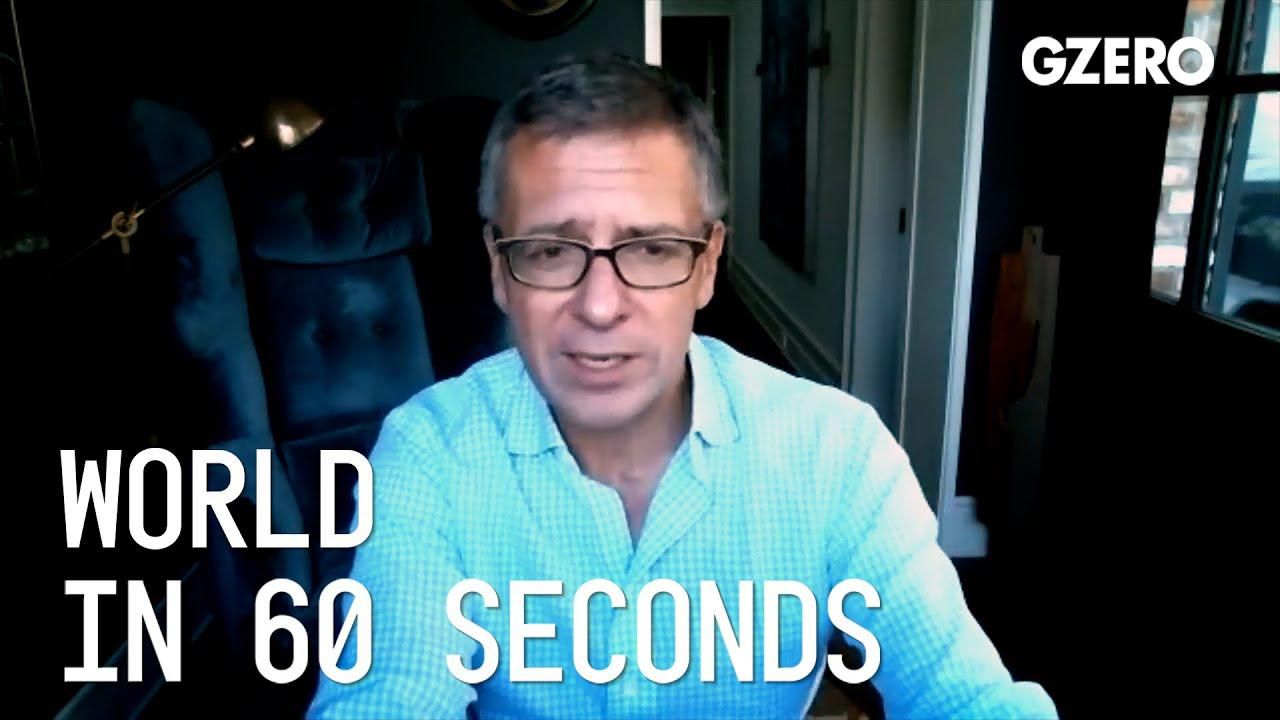
Ian Bremmer shares his insights on global politics this week with a look at US President Biden's UN General Assembly speech, eased US travel restrictions, and Canadian PM Trudeau's election gamble.
How did President Biden's first address to the United Nations General Assembly live go?
It was okay. I thought it was very notable that China was not directly mentioned at all. So my mother used to say, if you don't have anything nice to say, don't say anything. Did say that the US didn't want to be in a "Cold War". That's notable, because a lot of people out there are pushing in that direction in the US and in China. Certainly it was all about multilateral leadership. The Americans want to do more. We want collective leadership. We care about values. We care about democracy, but increasingly not seen as credible by a number of Europeans, as well as by the developing world, particularly when it comes to Afghanistan, COVID, and climate. Can't just say the words, have to have a pathway to get there. It's getting more challenging for the Americans. This is a tough UNGA meeting.
The US is to lift pandemic travel restrictions. What will happen after that?
Well, thank God we're finally doing that. In November, if you're vaccinated, you can come to the United States. It's like 550 days that the Europeans weren't allowed to come to the US. And I understood why we put that in place at the beginning, but with sort of COVID cases expanding directly in the United States and people getting vaccinated all over the place, we need to be able to travel again. It's important. And frankly, it was the Paris dust-up and the withdrawal, or the recall of the ambassador that got the Americans to move more quickly. So thanks to Paris for that. Usually this stuff is just symbolic.
Did Prime Minister Justin Trudeau's election gamble pay off?
Well, sort of. I mean in the sense that he had an election and he got the same exact result that they had before, minority government does extend his term. So that's useful from his perspective. They spent/wasted 600 million Canadian dollars on it, which is nothing compared to the United States. In Canada, that's considered to be kind of crying foul. A lot of people didn't want the election. And I don't think policies are going to change one bit, but I do applaud the Canadians for having an election where nothing happened. If only that could happen in the United States.